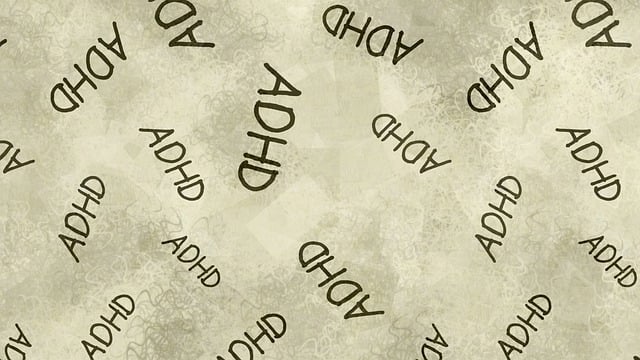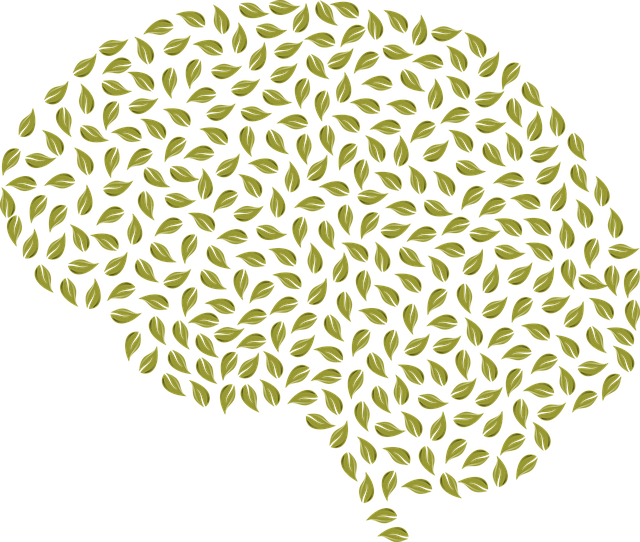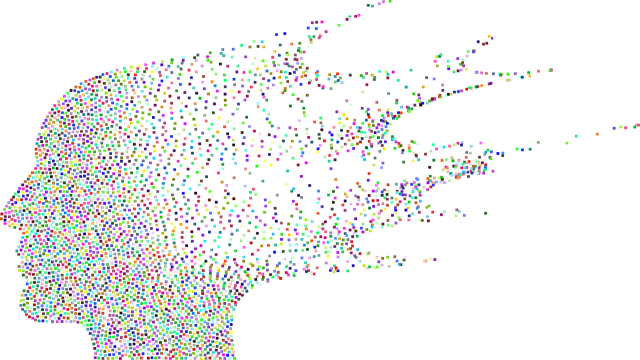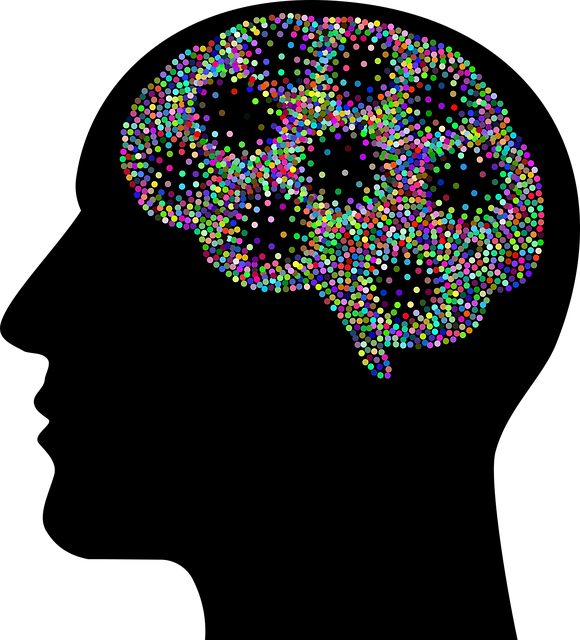Parker Chronic Illness Therapy offers a holistic, personalized approach to demystifying mental health diagnoses, empowering individuals through compassion cultivation, tailored treatment plans, and public awareness campaigns that break down stigma. Their model integrates CBT, interpersonal therapy, exercise, mindfulness, and social support for comprehensive mental wellness management. Engaging in workshops and compassion cultivation practices fosters resilience and strengthens support networks crucial for recovery journeys.
Mental illness diagnoses can be complex and overwhelming. This comprehensive guide aims to demystify the process with an in-depth look at understanding various mental health conditions. For those navigating treatment, we explore innovative approaches like the Parker Chronic Illness Therapy, offering personalized support for a holistic recovery. Learn about effective treatment options, including medication, psychotherapy, and alternative therapies. Additionally, discover the power of building a strong support network to enhance your journey towards well-being.
- Understanding Mental Illness Diagnoses: A Comprehensive Guide
- The Parker Chronic Illness Therapy Approach: Personalized Support
- Navigating Treatment Options: Medication, Psychotherapy, and Beyond
- Building a Support Network for Effective Recovery Journey
Understanding Mental Illness Diagnoses: A Comprehensive Guide

Mental illness diagnoses can seem like a complex labyrinth, but with the right guidance, navigating this landscape becomes more manageable. Understanding your condition is the first step towards healing and recovery. Parker Chronic Illness Therapy offers a comprehensive guide to demystifying mental health labels, ensuring individuals armed with knowledge can actively participate in their care plans.
Compassion cultivation practices and healthcare provider cultural competency training play a pivotal role in this process. By fostering an environment of understanding and empathy, therapists and doctors can provide more personalised and effective treatment. Public awareness campaigns development also contributes to breaking down stigma, encouraging early intervention, and promoting better mental health outcomes for all.
The Parker Chronic Illness Therapy Approach: Personalized Support

The Parker Chronic Illness Therapy Approach offers a personalized support system tailored to individuals navigating mental illness. This innovative framework recognizes that every person’s experience with mental health is unique, requiring a customized treatment plan. By focusing on individual needs, it ensures that patients receive targeted interventions for their specific challenges. The approach emphasizes continuous assessment and adaptation, allowing therapists to adjust strategies as clients progress or encounter new obstacles.
This method incorporates elements of emotional intelligence to foster understanding and effective communication. It encourages patients to develop self-management skills, enhancing their ability to regulate moods and cope with stressors. Through this holistic strategy, the Parker Chronic Illness Therapy Approach not only addresses current symptoms but also equips individuals with long-term tools for mental well-being, ultimately improving their overall quality of life.
Navigating Treatment Options: Medication, Psychotherapy, and Beyond

Navigating treatment options for mental illness can seem like a daunting task. Individuals often turn to medication as an initial go-to, which can be highly effective in managing symptoms of depression and anxiety. However, it’s crucial to remember that every person’s experience with mental health is unique. Psychotherapy, including various forms like cognitive-behavioral therapy (CBT) or interpersonal therapy, offers a holistic approach by targeting thoughts, feelings, and behaviors. These therapeutic modalities empower individuals to develop coping strategies and enhance emotional intelligence, fostering better mental wellness.
Beyond medication and psychotherapy, there exists a growing body of evidence supporting alternative treatments. Activities such as regular exercise, mindfulness practices, and social support networks contribute significantly to depression prevention and overall mental health management. The Parker Chronic Illness Therapy model underscores the importance of personalized care, integrating these various approaches to create comprehensive treatment plans that cater to individual needs, ultimately enhancing the journey towards mental wellness.
Building a Support Network for Effective Recovery Journey

Building a strong support network is an integral part of navigating the mental illness diagnosis and recovery journey. At Parker Chronic Illness Therapy, we understand that having a reliable system of support can significantly impact a patient’s overall well-being and treatment outcomes. This includes family members, friends, peers, or even support groups who can offer empathy, encouragement, and practical assistance throughout the process.
One effective strategy to foster this network is by participating in Stress Management Workshops organized by various mental health organizations. These workshops not only equip individuals with valuable tools for stress management but also provide a platform to connect with like-minded people facing similar challenges. Additionally, Compassion Cultivation Practices have proven beneficial in building resilience and fostering deeper connections within one’s support circle. By engaging in these practices, individuals can cultivate understanding, kindness, and empathy, creating a more nurturing environment for recovery.
Mental illness diagnosis and treatment can be a complex journey, but with the right navigation assistance, individuals can find their path to recovery. By understanding mental health diagnoses through comprehensive guides like “Understanding Mental Illness Diagnoses,” and leveraging personalized support from approaches like the Parker Chronic Illness Therapy, one can gain tailored care. Navigating treatment options, including medication, psychotherapy, and alternative methods, empowers individuals to make informed decisions. Moreover, building a robust support network is essential for a successful recovery journey. Embracing these strategies paves the way for improved mental well-being and enhanced quality of life.













